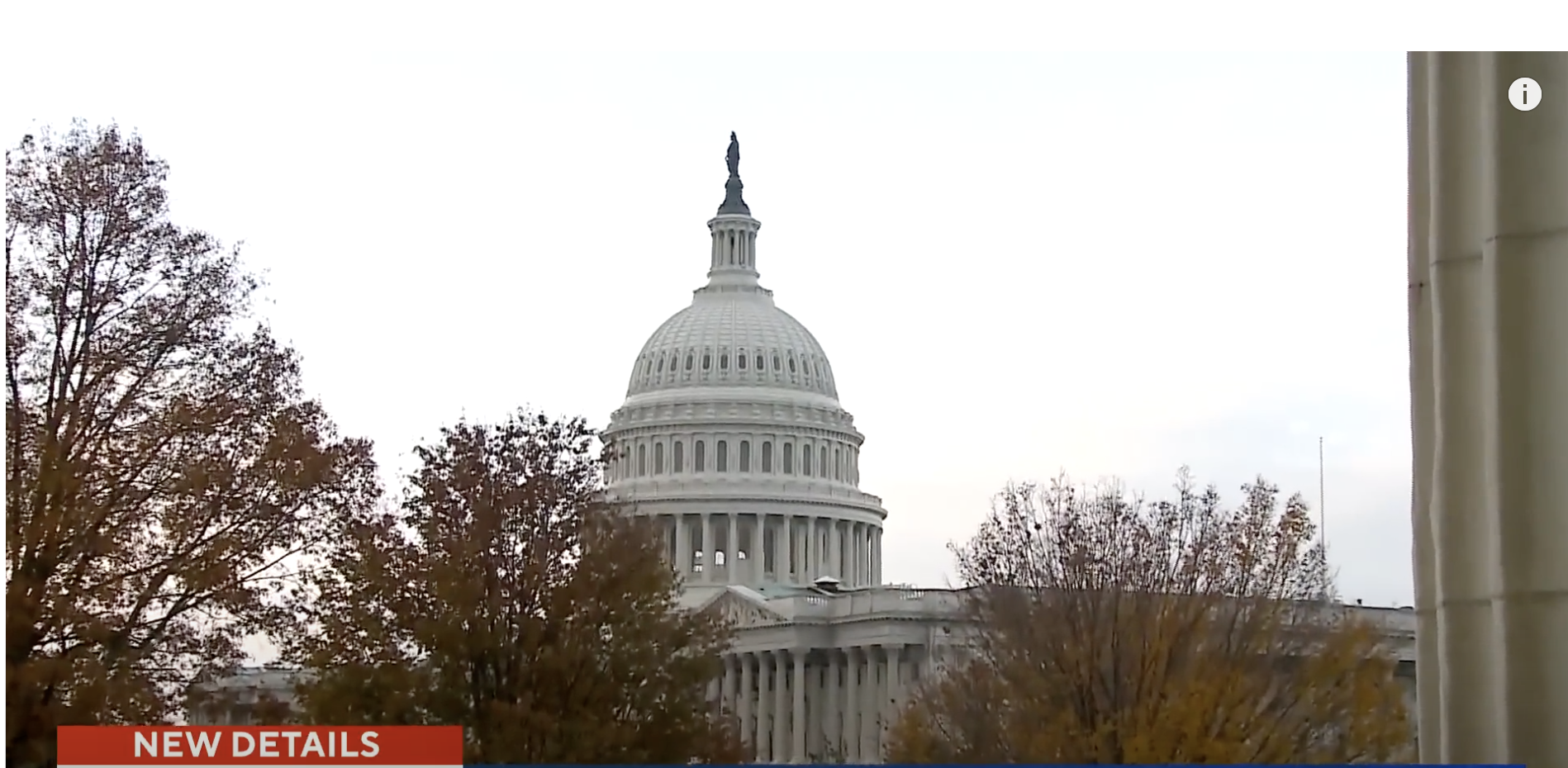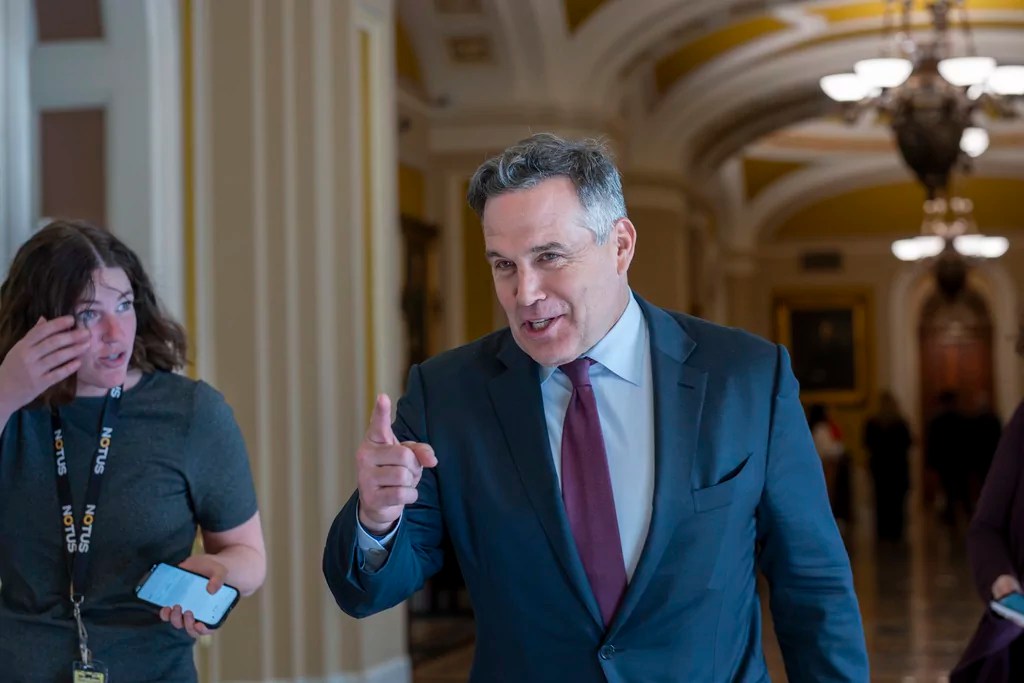Senate approves debt ceiling deal, heads to Biden.
Senate Passes Fiscal Responsibility Act of 2023
The Senate has passed the Fiscal Responsibility Act of 2023, putting an end to the threat of a U.S. default on its financial obligations. The bill passed with a bipartisan vote of 63 to 36 and now awaits President Joe Biden’s signature.
A Compromise Bill
The legislation resulted from a compromise forged by President Joe Biden and House Speaker Kevin McCarthy (R-Calif.). The bill suspends the debt limit through Jan. 1, 2025, while making slight reductions to non-defense discretionary spending and modest increases in defense spending in 2024. Discretionary spending growth is capped at 1 percent for 2025.
The bill also makes changes to work requirements for some social welfare programs, streamlines the permitting process to drill for oil and natural gas, and takes back $20 billion in IRS funding and $30 billion in unspent COVID relief funds, among other provisions.
Defense Spending Concerns
Republican senators voiced concerns about the bill’s inadequate amount of military spending. Senators including Tom Cotton (R-Ark.), Susan Collins (R-Maine), and Lindsey Graham (R-S.C.) criticized the bill for including a provision to cut defense spending automatically if a federal budget is not passed on time.
“The continuing resolution, if we don’t do our legislative business, increases non-defense spending, decreases defense spending,” Graham said while debating the bill on June 1. “If this budget is the end of the discussion and we don’t fix it, your sons and daughters are going to have more war, not less.”
“This bill would actually shrink the size of our navy,” Collins said. “Meanwhile, China has the largest navy in the world now.” Collins called for an emergency supplemental allocation to further increase defense spending in 2024.
Sen. James Lankford (R-Okla.) opposed the bill, saying it would actually increase, not decrease, federal spending.
Quick Action by the Senate
With a possible default just four days away, the usually slow-moving Senate passed the bill in an evening session just 24 hours after it cleared the House of Representatives.
“It is so good for this country that both parties have come together at last to avoid default. I thank my colleagues on both sides of the aisle for their cooperation,” Senate Majority Leader Chuck Schumer (D-N.Y.) said shortly before the vote.
Sen. Minority Leader Mitch McConnell (R-Ky.) called it “an urgent and important step in the right direction for the health of our economy and the future of our country” during remarks on the Senate floor.
Conclusion
The Fiscal Responsibility Act of 2023 is a compromise bill that suspends the debt limit through Jan. 1, 2025, while making slight reductions to non-defense discretionary spending and modest increases in defense spending in 2024. The bill also includes changes to work requirements for some social welfare programs, streamlines the permitting process to drill for oil and natural gas, and takes back $20 billion in IRS funding and $30 billion in unspent COVID relief funds, among other provisions.
Although some Republican senators voiced concerns about the bill’s inadequate amount of military spending, the Senate passed the bill in a bipartisan vote of 63 to 36, putting an end to the threat of a U.S. default on its financial obligations.
" Conservative News Daily does not always share or support the views and opinions expressed here; they are just those of the writer."





Now loading...